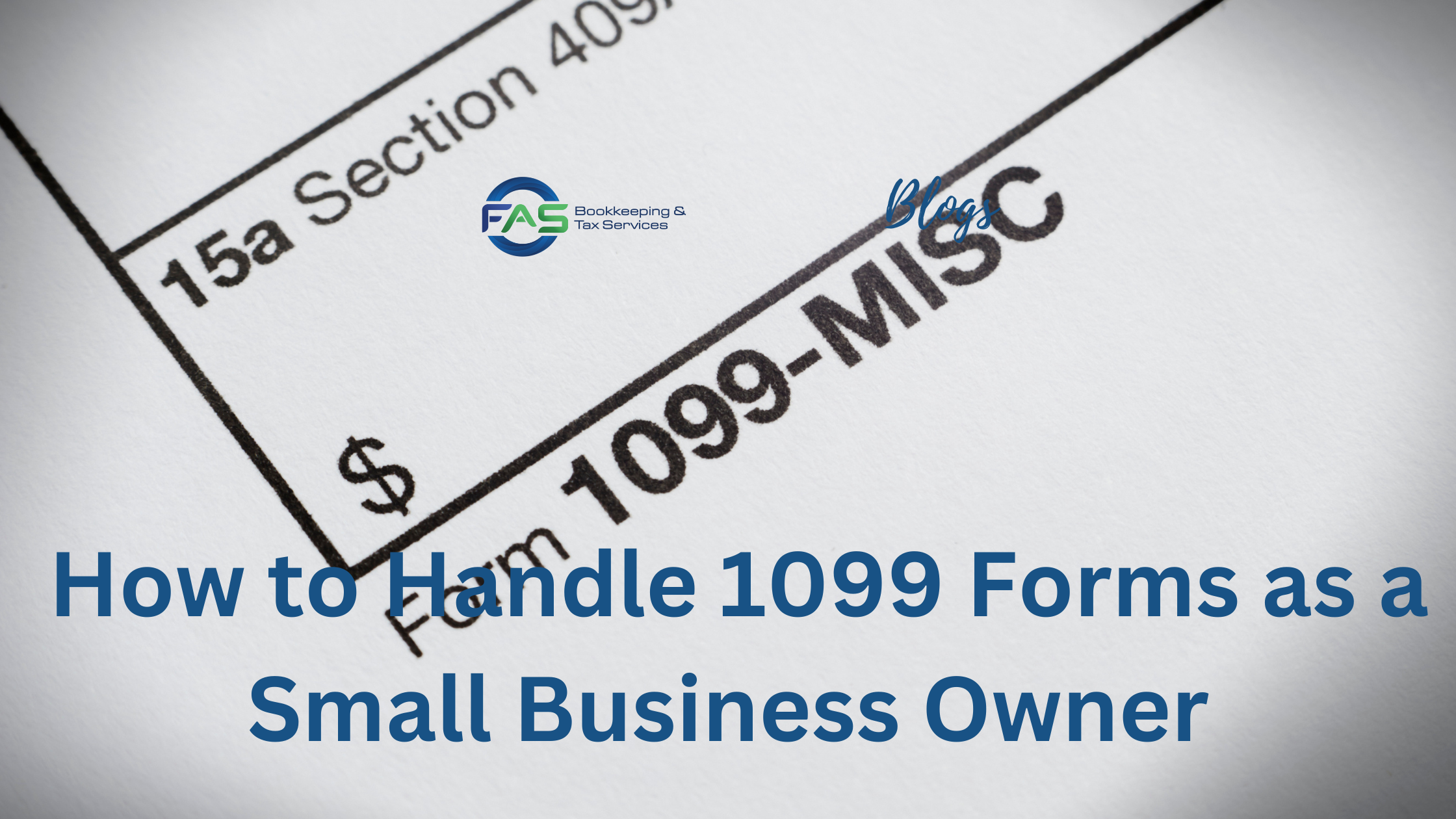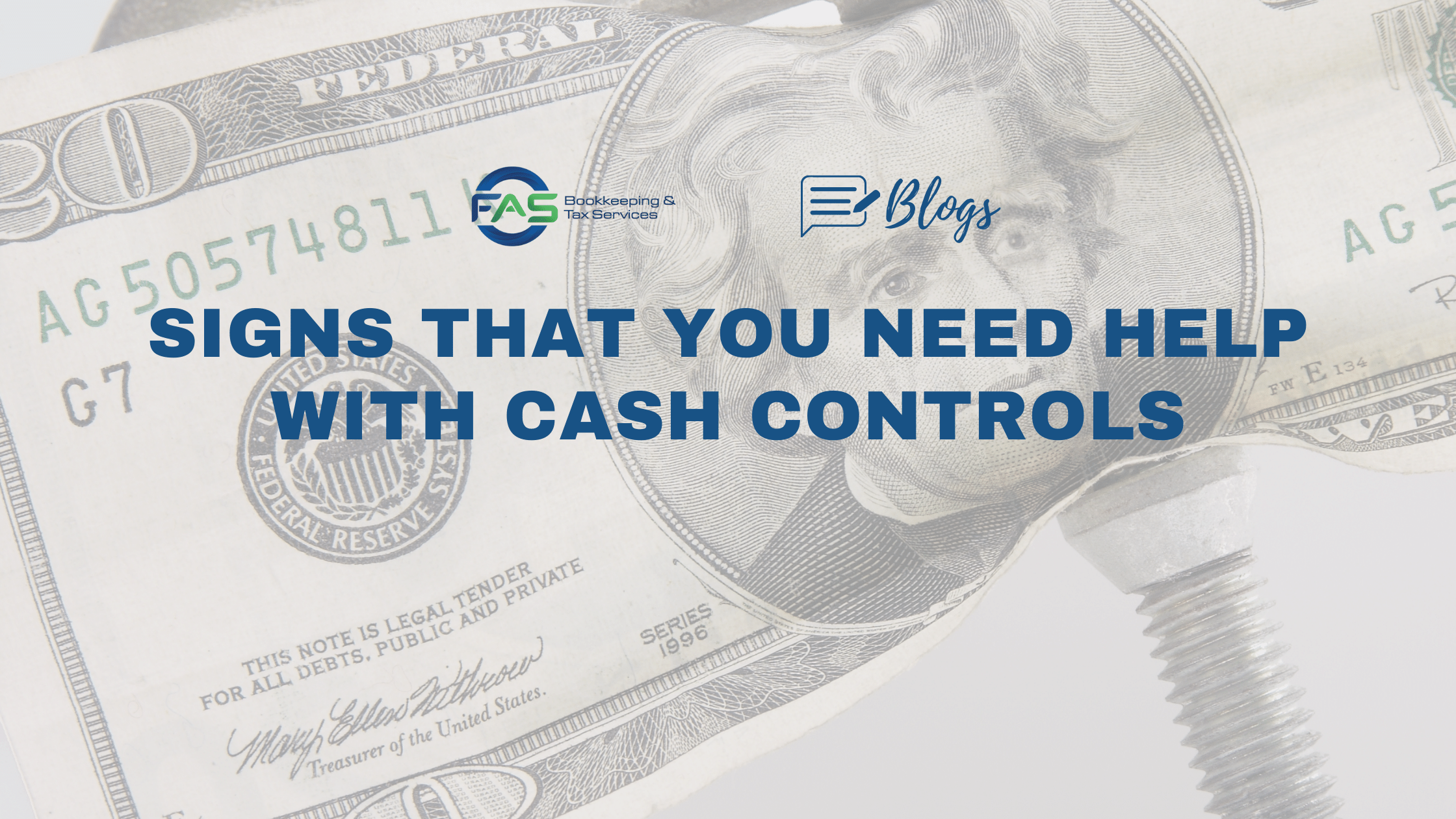Signs that you need help with cash controls
Most businesses aren’t structured to provide the right kind of help with cash control. They put the accountant on a pedestal, and believe the books are the only place where financial controls need to be in place. This mentality leads to all kinds of bad things; from fraud to not having enough funds to pay your suppliers.
When a business is in need of funds, the common solution business owners think of is to borrow from a bank. Banks are a great source of financing and working relationship but at the same time, they are controlling. A lot of the time businesses get into financial trouble when they don’t keep track of their cash flow effectively.
If you want to keep your business running in the long run, you need to identify these signs before they end up costing you your business:
 You don’t know your cash break-even point
You don’t know your cash break-even point
You’ve put all your hard work into starting a business, but that doesn’t mean it’s time to coast.
Keeping a close eye on your monthly break-even point is crucial. Why? Because if you don’t know exactly how much cash you need on hand each month to meet expenses and keep your business running, you risk coming up short at crucial times.
So what is the break-even point? It’s the amount of cash you need on a monthly basis to meet your expenses based on your monthly revenue.
That may sound confusing, so let’s break it down: Your monthly revenue is the money you make from sales in the period of time before interest is applied—usually a month. Your expenses are all the costs related to doing business—rent, inventory, payroll, etc.—for that same period of time. If you’re not bringing in enough money every month to cover those expenses, then you’re probably going to end up with some very angry landlords and a lot of disappointed employees.
The best way to find out where your break-even point is and whether or not it’s healthy is to analyze your business plan and see what kind of revenue it projects for the next few months. That should give you a sense of how much money you need to earn from your business in order to make ends meet and continue operating for another day.
You have no quarterly cash forecast
As a business owner, if you don’t implement a quarterly cash forecast, you are setting up your business for a whole lot of problems in the future.
Without it, your business will have difficulty getting loans or credit because financial institutions will see that you haven’t been planning for the future and that you don’t know your numbers well enough to make predictions and set goals. In other words, you’re not taking control of your finances. And if you aren’t taking control of your finances, how can a bank trust that you’ll pay back a loan?
In addition, if you’re not doing cash flow forecasting, it’s much more likely that you’ll run out of money and experience unexpected cash flow challenges. This can be devastating for small businesses. According to Fundera, around 82% of small businesses fail due to cash flow problems.
Quarterly cash flow analysis can help prevent this by giving you a look at what’s coming ahead—both good and bad—so that you know when to expect growth and when to tighten your belt.
Poorly planned use of long-term debt
 Sometimes, when you’re in the middle of a growth spurt and need to expand your operations quickly, it’s tempting to use long-term debt to cover short-term costs. That’s because it’s often easier and faster to get money from a lender than it is to raise funds from investors or sell equity shares yourself.
Sometimes, when you’re in the middle of a growth spurt and need to expand your operations quickly, it’s tempting to use long-term debt to cover short-term costs. That’s because it’s often easier and faster to get money from a lender than it is to raise funds from investors or sell equity shares yourself.
But what happens if you continue this practice over time? You’ll end up with a lot of debt that needs paying off, and that can make your company less attractive to potential buyers or investors. Plus, interest rates are higher on loans than on equity shares or investments in your company’s stock price—which means that you’ll be paying more for the same amount of capital!
So if you’re considering taking out a loan for short-term expenses but don’t have a plan for covering those payments once they come due (like selling off assets), then it’s probably not such a good idea.
Cash control tips
Here are some tips to help you get your cash controls in order:
Cash flow vs. revenue
When you’re thinking about your company’s financial health, you’ll need to know the difference between cash flow and revenue. These two indicators measure different aspects of your business, so understanding them will help you keep track of how things are going.
Revenue is a function of sales and marketing—how effective your team is at getting people to buy your product or service. Cash flow, on the other hand, is a function of liquidity or money management—how much money you have on hand at any given time.
It’s possible for your cash flow to be negative without it being a problem because sometimes money goes out before it comes in. It’s not possible for revenue to be negative unless something is seriously wrong with your company.
One thing to keep in mind when measuring cash flow: don’t forget to include income from sources outside of your core product or service.
Inflow vs Outflows
Okay, you get it. You know that cash control is important.
But how do you actually get more of it?
There are a lot of ways to look at managing cash flow, but the main thing to keep in mind is this: You should identify all sources of business cash inflows and outflows and then work to maximize inflows while minimizing outflows, and to a large extent that means focusing on timing.
To figure out where your money is coming from and going, you should consider things like recurring revenue streams (like monthly subscriptions), one-time payments (like one-time purchases), and other factors like tax deductions or refunds.
Then, once you know how much money is coming in, you can set goals for how much money you want to bring in each month or year—and how much of it comes from recurring (monthly) sources versus one-time sources. Once you’ve set those goals, look at each source individually and see what steps you can take to make sure those dollars stay on track!
Have a bookkeeper by your side
Having an experienced bookkeeper to manage and further develop your cash flow strategy is important if you want your business to succeed in the long run. They have the expertise in the field and they also give the added bonus of checks and balances that are needed to ensure proper cash control. If you don’t know any bookkeepers or if you don’t have one, well you’re in luck! Our experienced bookkeepers are ready to help you with your cash control woes, so send us a message today!





